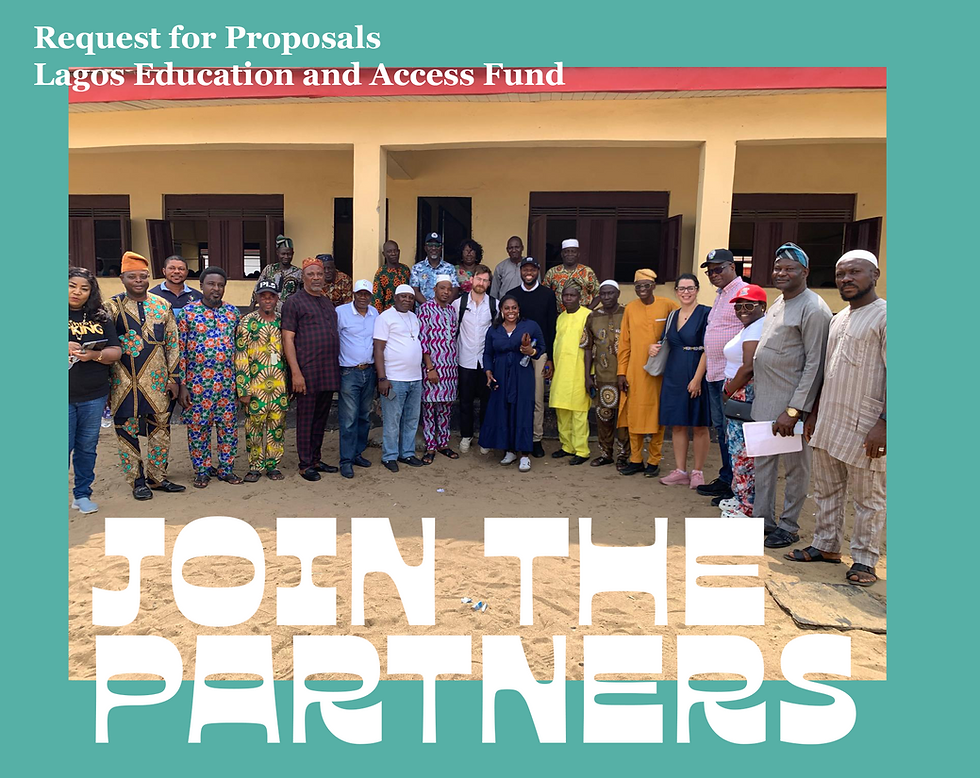EOF Talks to Impact Investor about its Work to Strengthen Education Systems in Africa and Beyond
- Feb 23, 2022
- 2 min read
Updated: Sep 26, 2024
“We cannot afford any further loss of time. That’s why we are excited to prove how powerful and effective this approach can be.”
The Education Outcomes Fund’s Chief Operating Officer Max McCabe and Chief Programs Officer Jared Lee were recently interviewed by Impact Investor about how EOF aims to transform the lives of 10 million children around the world by linking funding to measurable results. Lee began by stressing that “Covid-19 has exacerbated a substantial learning crisis, that was already predicted to leave half of the world’s children failing to learn by 2030.”
Lee and McCabe provided an overview of EOF’s upcoming program launches in Ghana and Sierra Leone. The programs’ objectives, which were developed in collaboration with local stakeholders and the governments of both countries, will target 900 primary schools. In Ghana, the program aims to support 70,000 out of school children through an accelerated learning program, with further assistance given to improve learning outcomes for an additional 100,000 children. Similarly, the program in Sierra Leone seeks to improve the literacy and numeracy of 110,000 primary school children. Over time, EOF hopes to replicate these programs to support governments and students in countries around the world.
Lee explained how EOF’s innovative financing model helps and incentivises education service providers to deliver and adapt their activities based on results achieved. He acknowledged that this necessitates a mindset shift for both providers and investors, saying:
“No longer do governments and donors pay based on what they think will work… Instead, providers get a lot of flexibility to respond to the specific needs of the beneficiaries, and adapt their intervention based on what is working and what isn’t. All data driven. That’s really a radical shift.”
McCabe concluded the discussion by celebrating the fact that the programs have attracted strong investor interest, saying that while there was some initial scepticism, “we were heavily oversubscribed for the programs in both countries. The level of investor and other funding as part of the proposals was roughly three times what we needed.”
You can read the full article here.



Comments